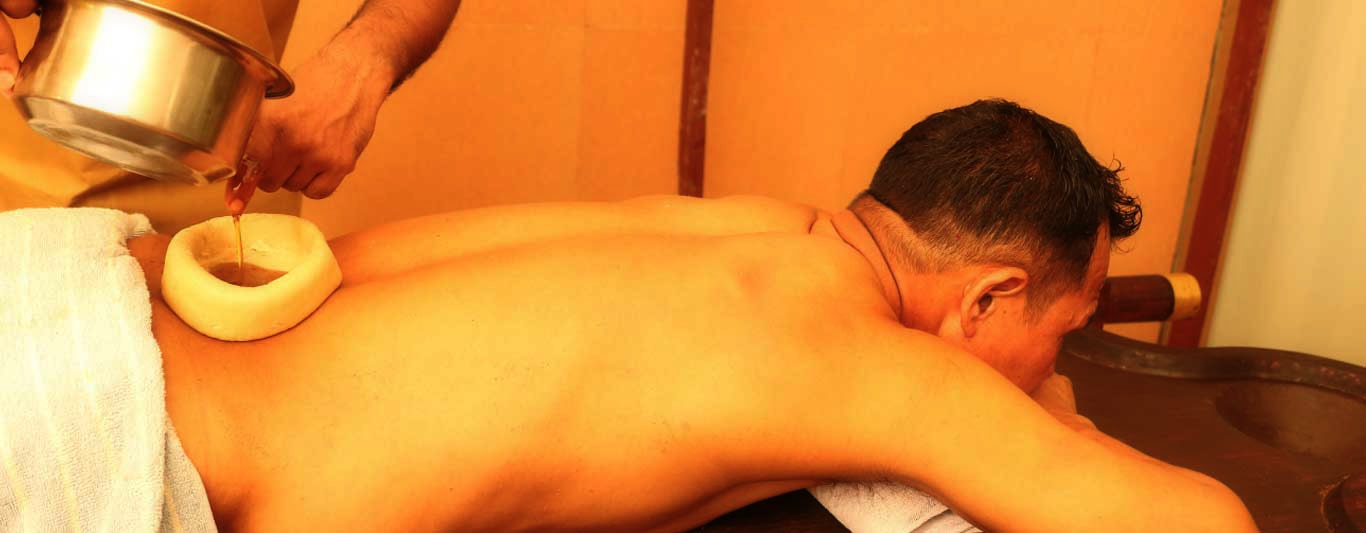Cyst or Ovarian Cysts or PCOD
Cyst - Abnormal lump or sac that forms in or on the body.
Ovarian cysts are fluid-filled sacs or pockets within or on the surface of an ovary. Many women have ovarian cysts at some time during their lives. Most ovarian cysts present little or no discomfort and are harmless. The majority of ovarian cysts disappear without treatment within a few months.
However, ovarian cysts — especially those that have ruptured — sometimes produce serious symptoms. The best ways to protect your health are to know the symptoms that may signal a more significant problem and to schedule regular pelvic examination.
PCOD – A sex hormone imbalance often associated with multiple, small fluid filled cyst in the ovaries.
Symptoms
Ovarian cyst
(i) Discomfort in the abdomen.
(ii) Irregular menstruation, heavy bleeding.
(iii) Post menopausal bleeding.
(iv) Painful sexual intercourse.
(v) Large cysts leads to urinary retention or frequent urge to urinate.
PCOD
1. Difficulty in conceiving
2. Infrequent or absence of menstruation
3. Obesity and difficulty to lose weight
4. Excessive hair growth
5. Blood sugar imbalance
6. Dark patches of thick skin on the neck, arms, breasts or thighs.
Ayurvedic Perspective
According to ayurveda cyst is correlated as Gradnhi which is mainly due to the vitiated Kapha dosha. In the Samprati (pathogenesis) of Granthi, it is mentioned that Mamsa (muscle fibers), Rakta and Medo Dhatu are vitiated. Ayurvedic point of view, PCOD reflects vitiation of rasa and rakta dhatus. When levels of impurities and toxins increase in rasa and rakta dhatus, body stores them in form of cysts around ovaries. So presence of multiple cysts indicate high levels of impurities and toxins in these dhatus. Sign and symptoms in PCOD patients suggest imbalance of all three doshas. Dhatwagnimandya may also exist in some patients. History of improper diet and lifestyle is generally found among majority of PCOD patients. Excessive consumption of hormonal pills and contraceptive pills too is reported by many patients. Mental stress and lack of physical exercise are marked among quite a few ladies with PCOD. From Ayurvedic perspectives, all these things can produce toxins in body and cause diseases like PCOD.
Main Procedure
Grandhi roga can be managed according to the principle of Samprapti Vighatana (to break the pathogenesis).
The main treatments include medicines with kapha medohara drugs, Udwarthanam, swedanam,Podikkizhi, Avagaham etc.
Panchakarma therapy such as Virechana and Vasti.
Duration of stay
3 to 4 weeks according to the condition.
Expected Outcome
Ovarian cyst or Grandhi can be managed effectively, but an immediate result cannot be expected. The patient has to continue the medicines at home for specific period of time for further improvement.
Diet
- Diet plays an important role in the treatment of ovarian cyst and PCOD. Sweets, fatty,oily and fried food items should be completely avoided
- Avoid white bread, pasta ,pototo, cereals and snacks.
- Include more fruits and vegetables, and fiber rich foods in your diet.
- Low-fat milk is recommended. Boil milk before drinking. Drink it warm. This makes it easier to digest. Add a pinch of turmeric or ginger to the milk before boiling it. This helps to reduce the kapha increasing qualities of the milk.
- Lighter fruits, such as apples, oranges, grape fruit, pineapple and papaya and pears, are recommended.
- Sweeteners: Honey is excellent for reducing kapha. Reduce the intake of sugar products, which increase kapha.
- Beans are recommended. Nuts should be avoided.
- Grains such as barley, chickpea and millet are recommended. Do not take too much wheat or rice, as they increase kapha.
- Spices are recommended only in moderate quantities.
Activity restrictions
- Follow a lifestyle that will not aggravate any dosha.
- Negative feelings like stress and tension should be avoided. Do not undertake physical or mental work beyond your capacity.
- Limit the use of contraceptives.
- Follow an active lifestyle, yet the exercises should be according to one's capacity. Both, excessive fasting and overeating are harmful.
- Smoking, drinking alcohol and using narcotics aggravates menstrual disorders.
- Be alert to changes in your monthly cycle, including symptoms that may accompany menstruation that is helpful for early diagnosis& treatment.





